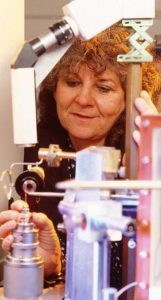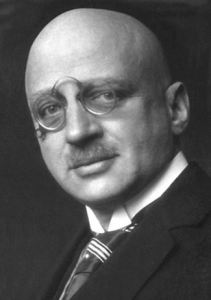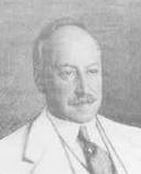The Woman Who Revolutionized Biochemistry
Ada Yonath (b. 1939) was born in Jerusalem, the daughter of Polish Zionists that immigrated to Israel in 1933. Growing up in poverty, she found solace in books, and was inspired by the Polish-French scientist Marie Curie. Yonath studied chemistry at Jerusalem’s Hebrew University and earned a Ph.D from the Weizmann Institute in 1968. Her focus was on x-ray crystallography, a technique for visualizing biochemical structures. After postdoc studies at Carnegie Mellon and MIT, Yonath returned to Israel to establish the country’s only protein crystallography lab. In the 1980s, she started developing a new crystallography technique that was initially met with a lot of resistance from the scientific community. Yonath silenced her critics with amazing results, and discovered some of the key mechanisms in the body’s production of proteins. By 2001, she unraveled the mysteries of the ribosome, the structure responsible for producing protein from the body’s genetic code. In addition to this, she discovered how dozens of antibiotics impact the ribosome, contributing tremendously to our understanding of antibiotics and drug resistance. The technique she invented, cryo bio-crystallography, is now standard in top biochemistry labs around the world. In 2009, Yonath was awarded the Nobel Prize in Chemistry. That made her the first Israeli woman to win a Nobel Prize, the first Middle Eastern woman to win a Nobel Prize in science, and the first woman to win the Prize in Chemistry in 45 years (and only the fourth overall). Yonath has won a handful of other awards, including the Harvey Prize, the Rothschild Prize, the Wolf Prize, the Albert Einstein World Award of Science, and the L’Oréal-UNESCO Award for Women in Science. Despite being in her 70s, Yonath is still doing very important research in her lab at the Weizmann Institute. Some say she may even be up for a second Nobel Prize! She also hopes to write a novel as soon as she has some extra time. (Click here to see an incredible video of a ribosome working in the body, based on Dr. Yonath’s research.)
Words of the Week
Family is not punishment! When I sit with young people and they say, “You’re a mother and you took care of the kids”, I say: “It’s a privilege.”
– Ada Yonath



